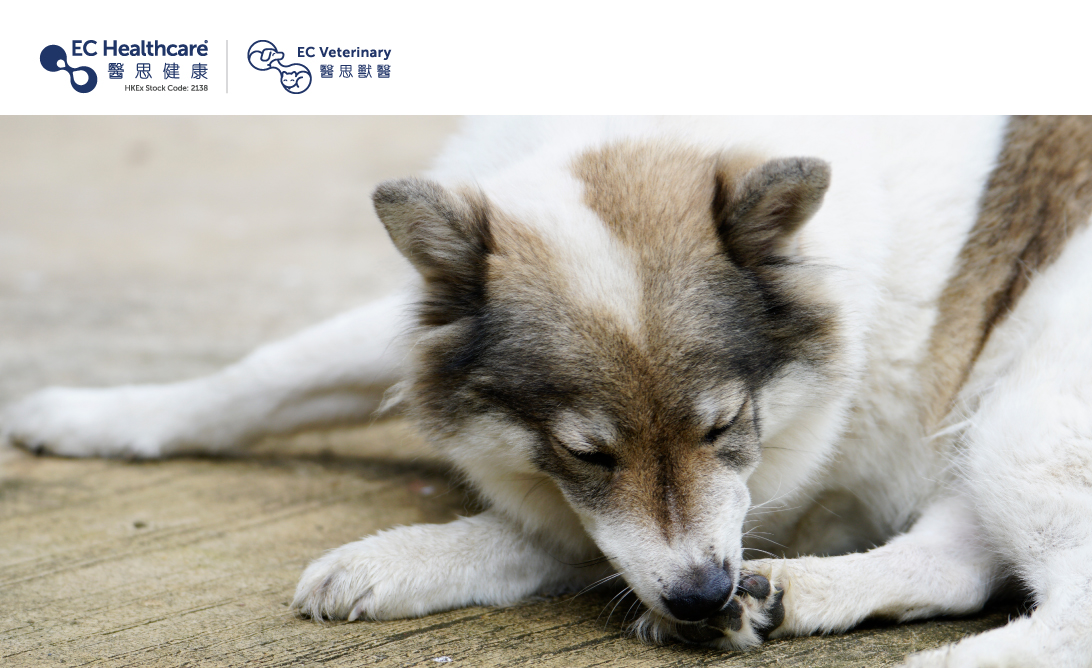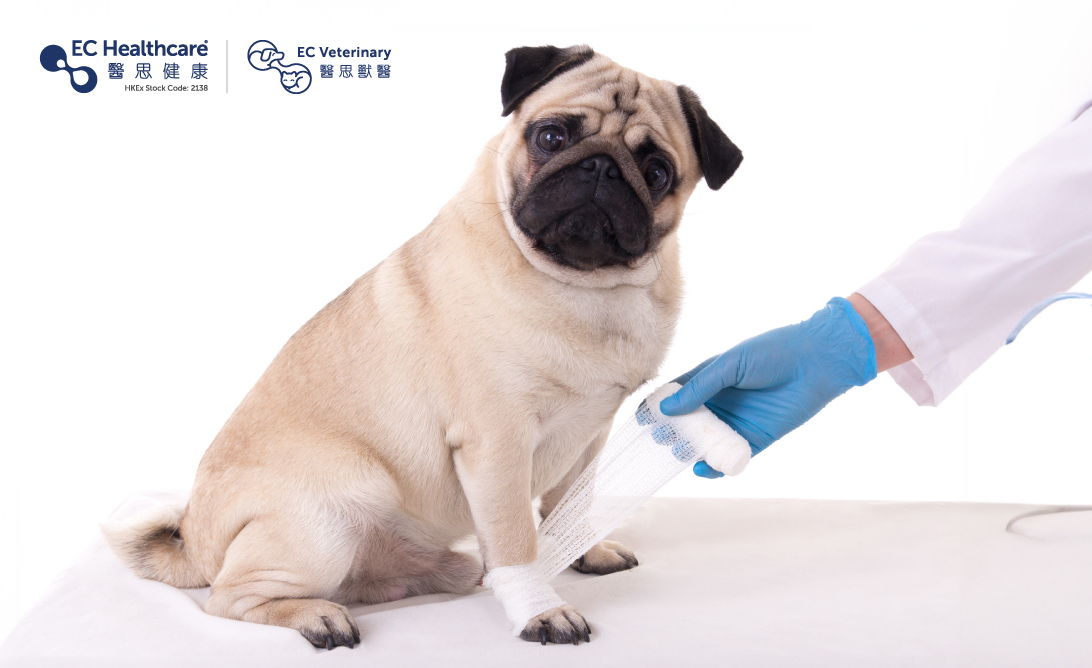Is Your Dog's Paw Licking Cute or a Sign of " Pododermatitis"?


It's adorable when dogs stick out their tongues and lick their paws, but the underlying reason may not be so simple. There's a chance that their toes are inflamed! This is a common skin condition in dogs. Mild cases may exhibit hair loss and redness between the toes, while severe cases can affect their mobility and even lead to sepsis. So, we mustn't take it lightly!
What is Pododermatitis?
Pododermatitis refers to inflammation of the skin on the paw, including the area between the toes, the paw pads, the nail folds, and the nails themselves. It can occur in any part of the paw, whether it's between the toes or on the paw pads. Dogs afflicted with pododermatitis often find themselves incessantly licking and chewing their toes, driven by discomfort and itchiness. But that's not all. Their paws may also exhibit symptoms such as hair loss, redness, pustules, bleeding, and an unpleasant odor.
Causes of Pododermatitis in Dogs
Allergic Triggers
Food, fleas, weather changes, or exposure to allergens can all lead to skin allergies in dogs.
Damp Environment
Hong Kong's hot and humid weather affects not only us but also our furry friends. Dogs have sweat glands in their paw pads, and excessive sweating due to heat can leave their paws persistently damp. This creates a favorable environment for the growth of bacteria and fungi, similar to the experience of sweaty feet in shoes for humans. Consequently, dogs' paws can emit unpleasant odors and become prone to infections, leading to potential complications like sepsis.
Unexpected Injuries
During walks or even at home, dogs can accidentally step on sharp objects. If the resulting wounds are not properly treated, they can lead to infections in the paw, contributing to pododermatitis.
Demodex Mites
These pesky mites love to take up residence on dogs. If a dog regularly goes for walks outdoors and their owner neglects to use preventative measures or administer regular parasite control, the demodex mites may seize the opportunity to infest the dog's paw pads. This can eventually lead to infection and inflammation in the paws.
Treating Pododermatitis
If you notice any issues with your dog's paw pads, it's crucial to seek veterinary care promptly. Delaying treatment could worsen the condition, making it more challenging to treat and potentially leaving lasting effects even after recovery. Veterinarians typically start by draining any abscesses and thoroughly cleaning and disinfecting the affected area. The treatment approach will be determined based on the severity of the condition.
With proper treatment, dogs typically show improvement within three to seven days. During this time, it's essential for owners to prevent their furry friends from continuing to lick their toes. If necessary, using a protective cone can help avoid potential relapses or worsening of the condition. Neglecting or delaying treatment can adversely affect a dog's quality of life and increase the likelihood of recurring episodes. So, pet parents, let's not underestimate the importance of addressing small issues before they become big problems!







